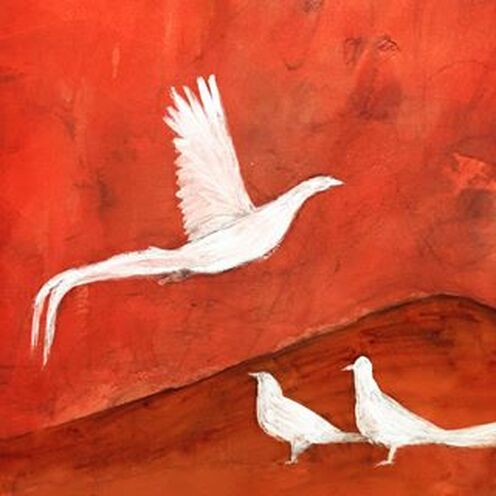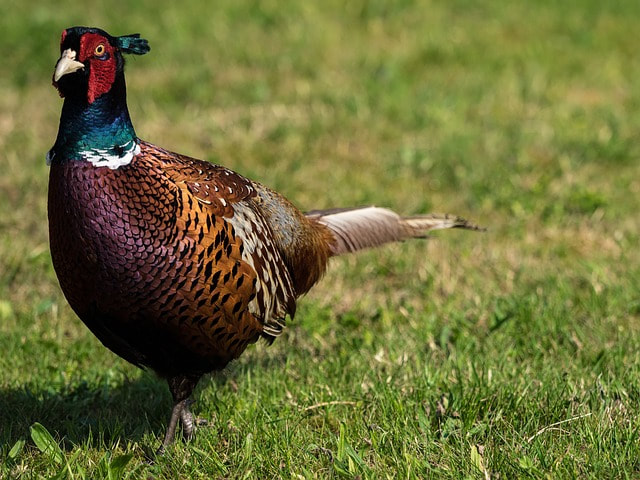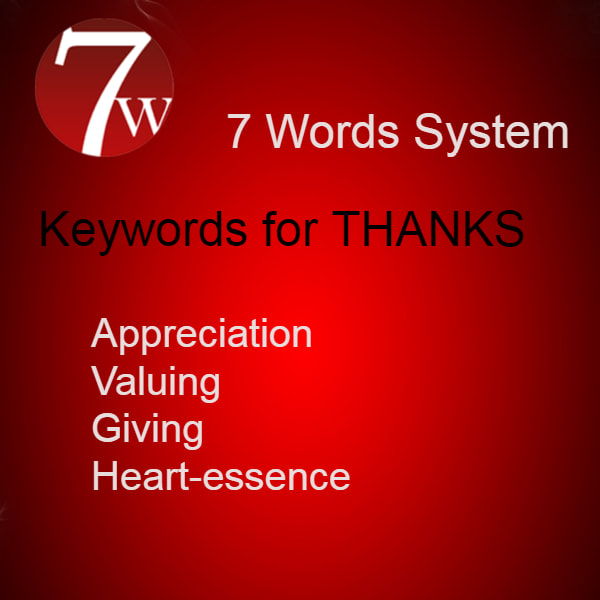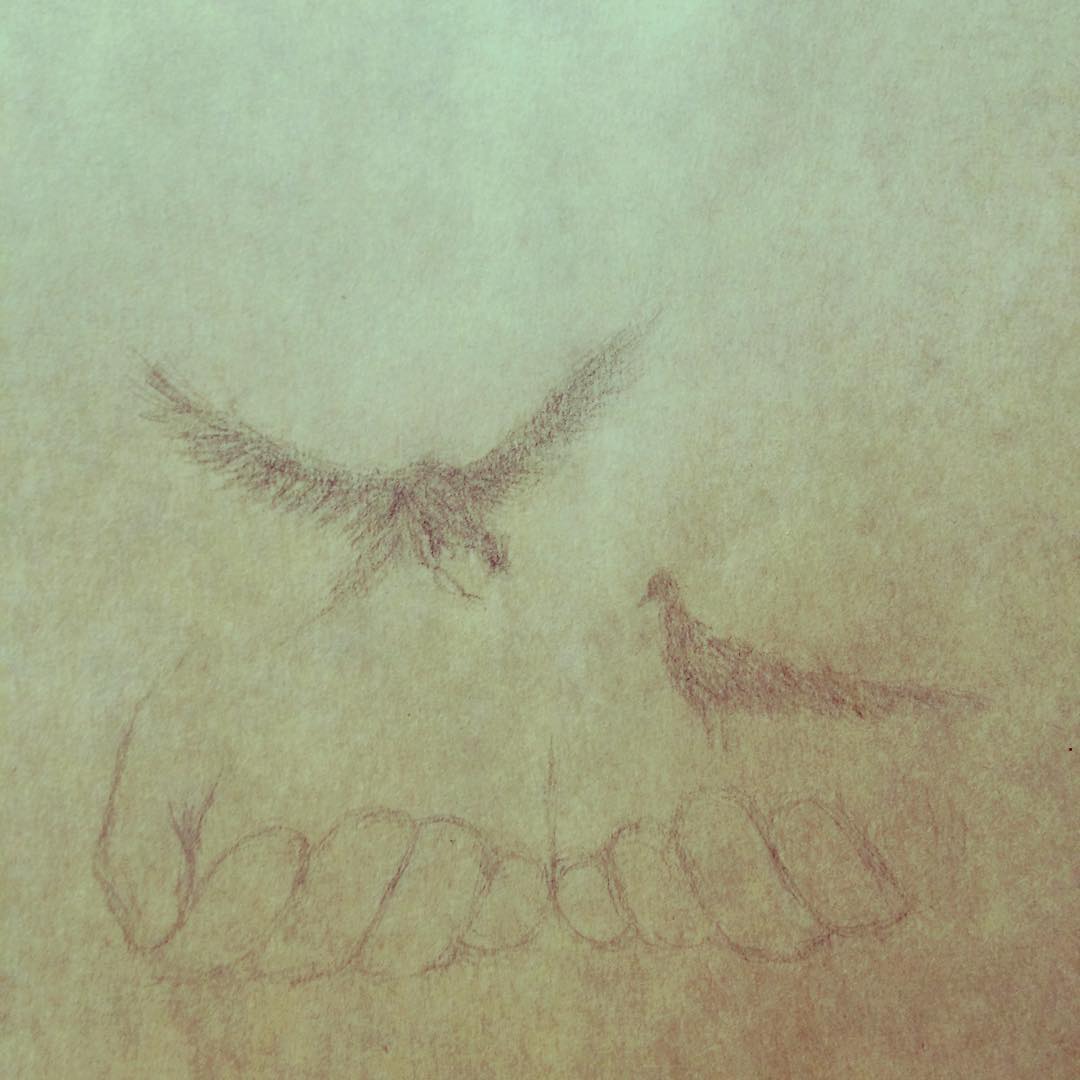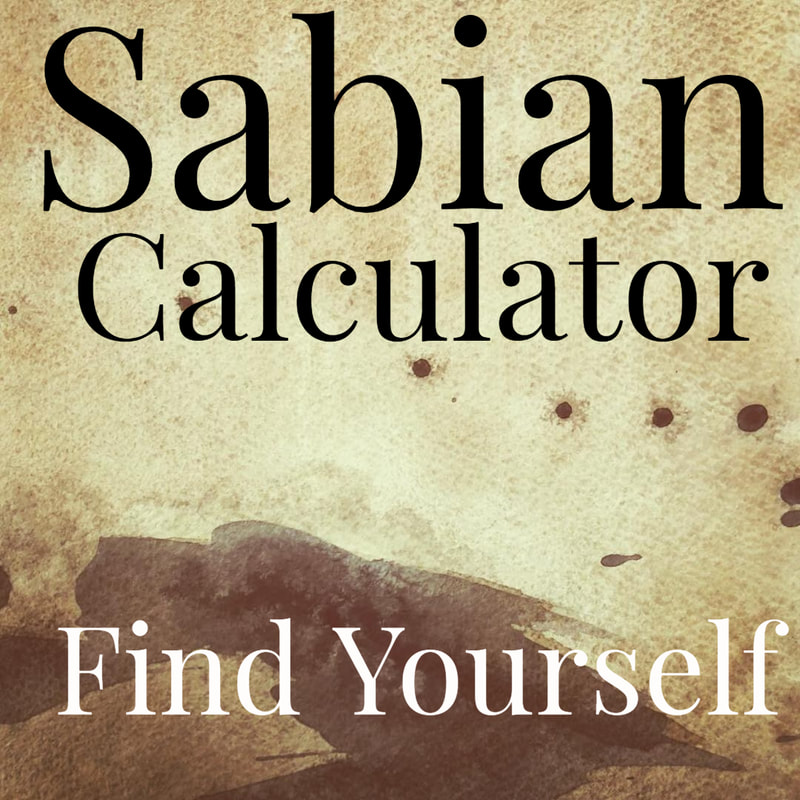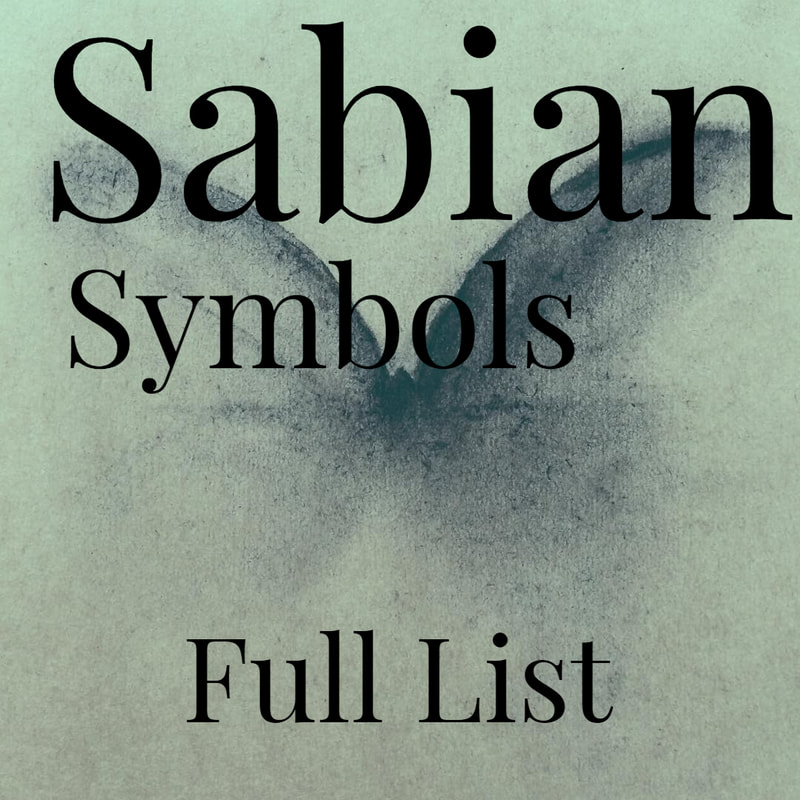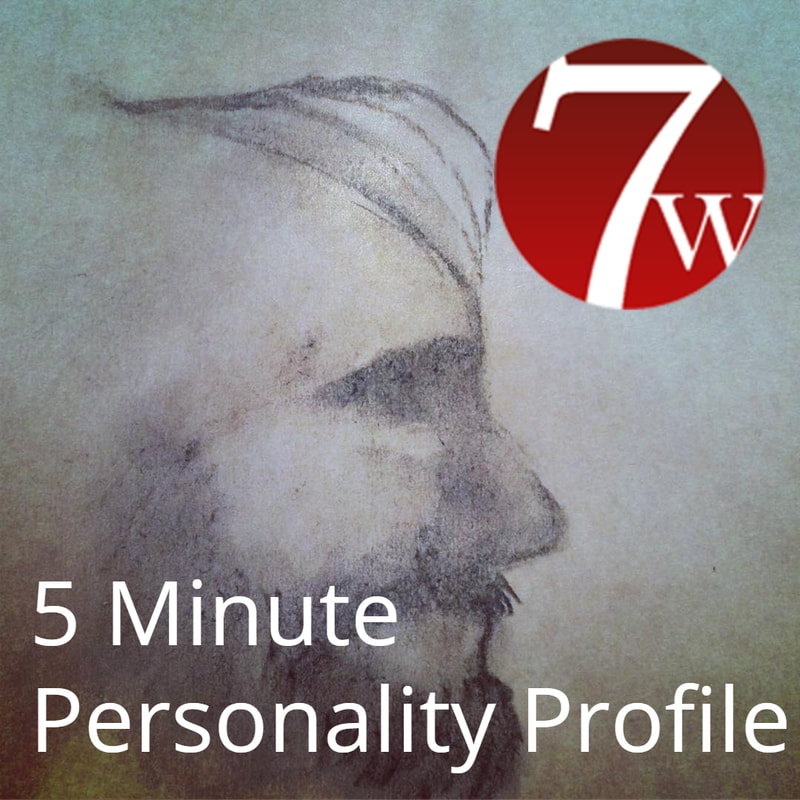Sabian Symbols: Large group of pheasants
|
This universal idea is best expressed through planets in
Capricorn 11 (10° - 11°)REFINING AND BEAUTIFYING NATURE
By adopting a sense of integrity and nobility of spirit we can bring grace and harmony to all aspects of our lives "Refining and beautifying Nature" In periods of peace when a community’s time and other resources are not squandered on war, then art and other cultural expressions become the focus of attention of those who have no concern for money. Civilisation is the taming of Nature and the cradle of culture. When applied to land and animals we see how a well-kept garden with domesticated peacock or pheasant can come to be an art form of the Aristocracy; often land is beautified and protected by their stewardship.
Rudhyar: A LARGE GROUP OF PHEASANTS ON A PRIVATE ESTATE |
|
|
Large group of pheasants on a private estate
Illimitability |
Following a herd instinct will not lead to self-actualisation
No merit is found obeying a herd instinct and wanting to become no less than the rest – whose plumage, like the pheasants, is in any case somewhat mediocre. It may steer a course towards popularity and influence, but it will not lead to self-actualisation. Neither will much be gained by the repetitious habit of following our own well-trodden paths, as though such empty ritual could replace struggling to learn through new experiences. One who really wants to find their own version of how reality unfolds will not be able to form an independent perspective if they need approval from society for their actions and opinions. To become freely-expressive unique individuals, we must often shun society’s ways and beliefs. These constraints develop through finding the lowest common factor, rather than the highest possible ideal – so how could they ever achieve optimal outcomes? The quality of illimitability indicates that there is in fact no limit to the number of variations on a theme; each apparent re-duplication of an event can more wholesomely be seen as an expression of diversity of potential. Through this process, every possibility of personality can be expressed – towards the goal of maximum self-disclosure, and realisation of ideals. We need to be guided by the actuality of our own circumstances here and now. They truthfully illustrate to us the accumulation of our own unique history of preferences and values. Also they create a convenient stage for acting out deeper, hidden issues. From such circumstantial guidance, there develops greater awareness of the reasons for the individual preferences of the self and, out of this awareness, comes a profound inner clarity about who we are. From this there evolves an increasing strength of faith. What we have done in our lives – all of it – led us to where we are, and repeatedly reflect our preferences over a life-time. We have to trust, therefore, that what we have and what we do are important – and singularly our own. The same is true of our plans and goals. If we are to gain the necessary depth of insight required for self-actualisation, then we need to understand why we did what we did, and why we want what we want. These are much more important than anything society does, or requires us to do. All of our personal goals are raised to the highest level of importance, relentlessly pursued with an absolute determination to attain self-awareness in any and all available forms. However, the trivial pursuits of society are not to be ignored, because they give excellent feedback about our own process – what do we accept, what do we disdain? Every attempt to improve our lives, as a result of such feedback, is another reworking of the sense we have of who we are; through this we learn how diversity helps us understand unity. So we learn to put aside our distaste for the shallowness of social rituals and to reinterpret such follies as useful clues to our own inner ambiguities. In fact, the refinement of our own personality requires us to accept such feedback, even if it is presented unconsciously. |
Large group of pheasants
|
Commentary from Richard Grey
No - self-actualisation | independent perspective | shun society's ways and beliefs Thanks - individual preferences Goodbye - the act of refining | realisation of ideals Sorry - refining | feedback I'm struggling with this one. Is this about Please and Sorry, or No and Thanks? What do I want (P)? Do I want to be a sheep (pheasant) or a goat (N)? To be part of the crowd - the group of pheasants - (T) or to be unique (N)? The process (G) of refining (S) would not be possible without interaction (H) and feedback (S). Nevertheless, is it not the end result (G) - the consequences of our choices (N) - that this degree is urging (P) us to consider (S)? So perhaps Sorry would be a good choice? What do I (N) prefer (T)? What am I (N) going to do (G)? What do I (N) want (P)? How will this affect me and others (S)? "Following a herd instinct will not lead to self-actualisation" suggests No. "By adopting nobility of spirit we can bring grace and harmony to all aspects of our lives" suggests Thanks. |
